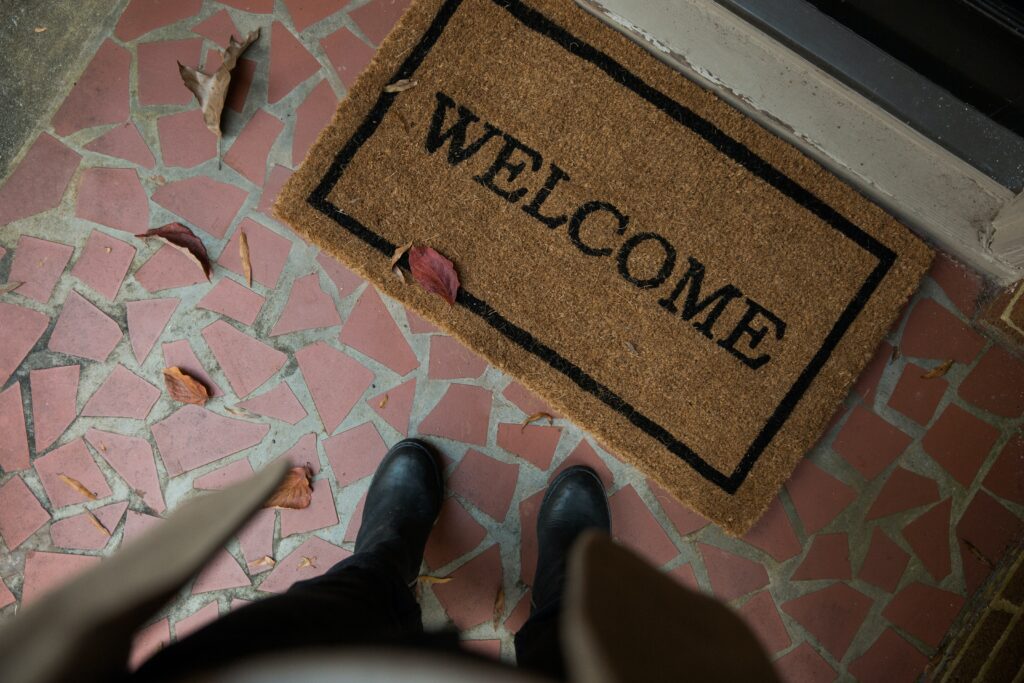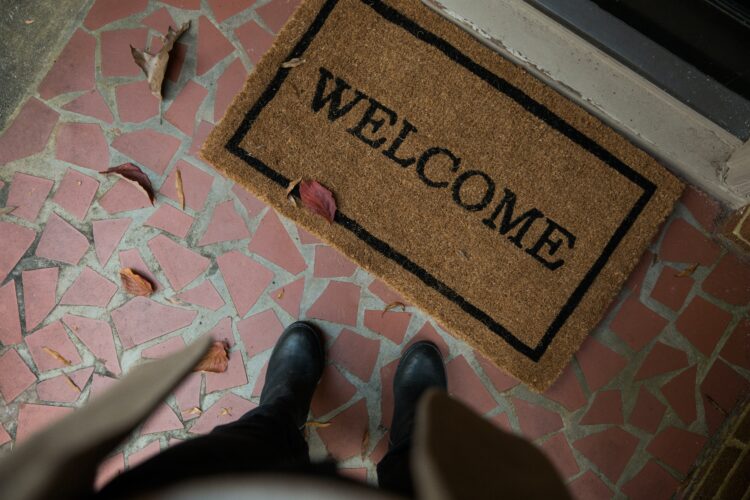If you want to do something nice for older neighbours, family and friends this Christmas, knock on their door and make sure they are warm, well-fed and stocked up for the colder months

Being at home more has opened our eyes to the challenges of keeping the house warm and making sure there’s enough food in the house. For older people, this is even more vital. To help make life easier for them this winter, and to keep our neighbours and loved ones safe, make sure to call and check what they need. While many may bat away any offers of help, it’s important to check in and do what you can.
Home Instead National Clinical Lead Danette Connolly says we all need to do our part to support those living independently to do so safely this winter.
“Ensuring our older relatives, friends and neighbours stay safe over winter is the responsibility of all of us. You can help by ensuring the house is well-stocked with the essentials, is warm and by staying connected to your neighbours and friends,” Danette says.
She shares the following six key areas where we can help older people in our lives to stay safe this winter:
1. Wrap up
Did you know that older adults can have more trouble regulating their body temperature? Significant drops in internal temperature could lead to serious health complications. Wearing several thin layers of clothes, instead of one heavy layer can really help, so make sure that they’re aware of theimportance of layering. Ensure all internal windows and doors are closed to keep heat in, as this will keep them warmer for longer throughout the day.
2. Shopping trips
When you go to do your own shopping, call or text to ask them if you can pick up anything for them. Many older people may not be in a position to get to the shops regularly in wet, cold and dark conditions, or may be reluctant to go shopping as Covid-19 cases rise again. Offering to do a grocery shop for your older neighbour, friend or relation can help them to have all their essentials to hand. You can also offer to buy solid fuels, pick up medical prescriptions and other household necessities.
3. Eating well
Make sure to ask them what they’re eating. While older people can often have less of an appetite, what they eat is very important. It is essential to eat regular hot meals, as the body keeps warm by burning the food we eat. As an example, porridge is an excellent source of nutrients, which is quick and easy to prepare and fuels the body for hours. Friends and relatives can also help by ensuring that there is plenty of tinned fruit and vegetables and non-perishables such as pasta and rice in stock.
4. Winter-proof the home
Rain and icy conditions can increase the chance of slips and falls. Clearing pathways of wet leaves which pose a trip and slip hazard can help mitigate this risk. Blocking draughts and keeping curtains closed at night are important in helping to retain heat and keep the house warm. Ensuring electrical devices are unplugged at night will also help reduce the risk of occurrences such as fires.
5. Stay connected
It is a busy time of year for everyone, but remember that some people can feel very isolated at this time of year. For those who are reducing their social contacts, this can feel even more lonely. Many people suffer from increased loneliness and depression during winter due to Seasonal Affective Disorder (SAD). It is crucial that family, friends and neighbours check in on older loved ones to make sure they are prepared and safe this season.
6. Plan for emergencies
It is important to be prepared for emergencies such as power cuts or extreme weather so that vulnerable people in particular don’t have to venture outdoors. Ensuring that there are torches, batteries, fuel and non-perishable food is important. In the unfortunate event that a medical emergency does occur, it is also important to be prepared, by ensuring that all emergency and family contact numbers are close at hand, and that the Eircode is kept beside the phone to assist emergency services in reaching a property as quickly as possible.








